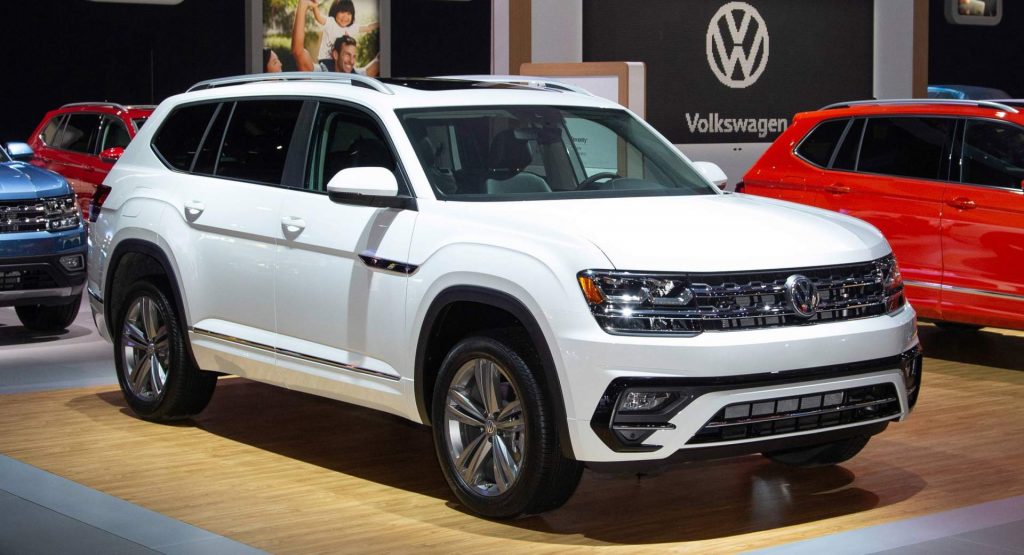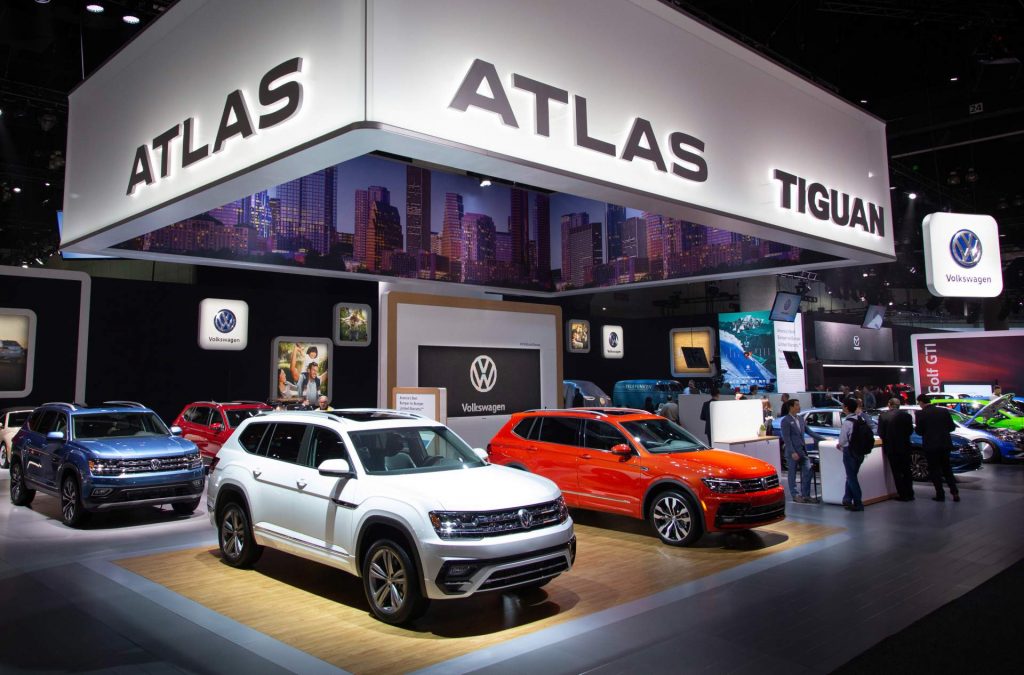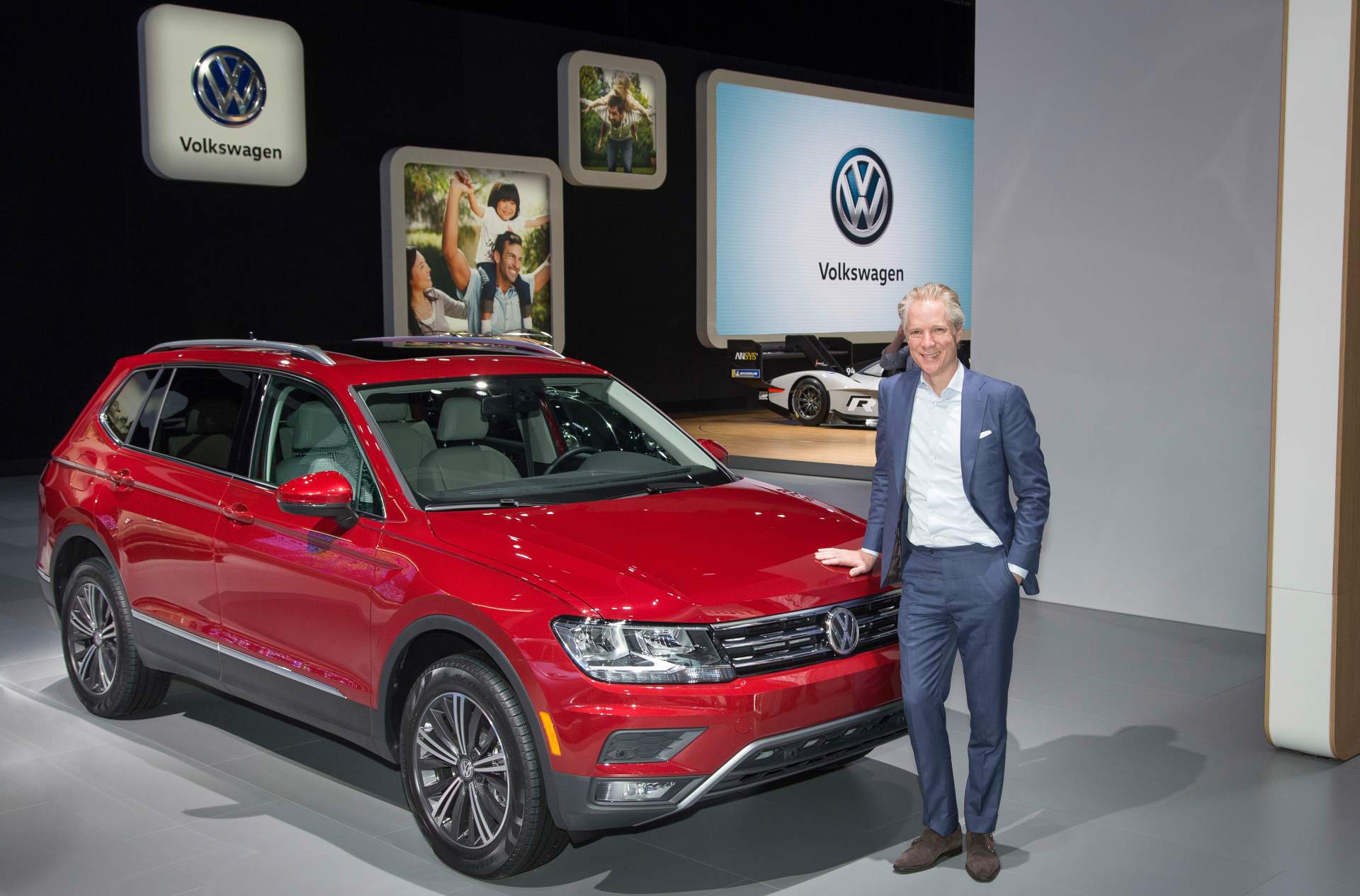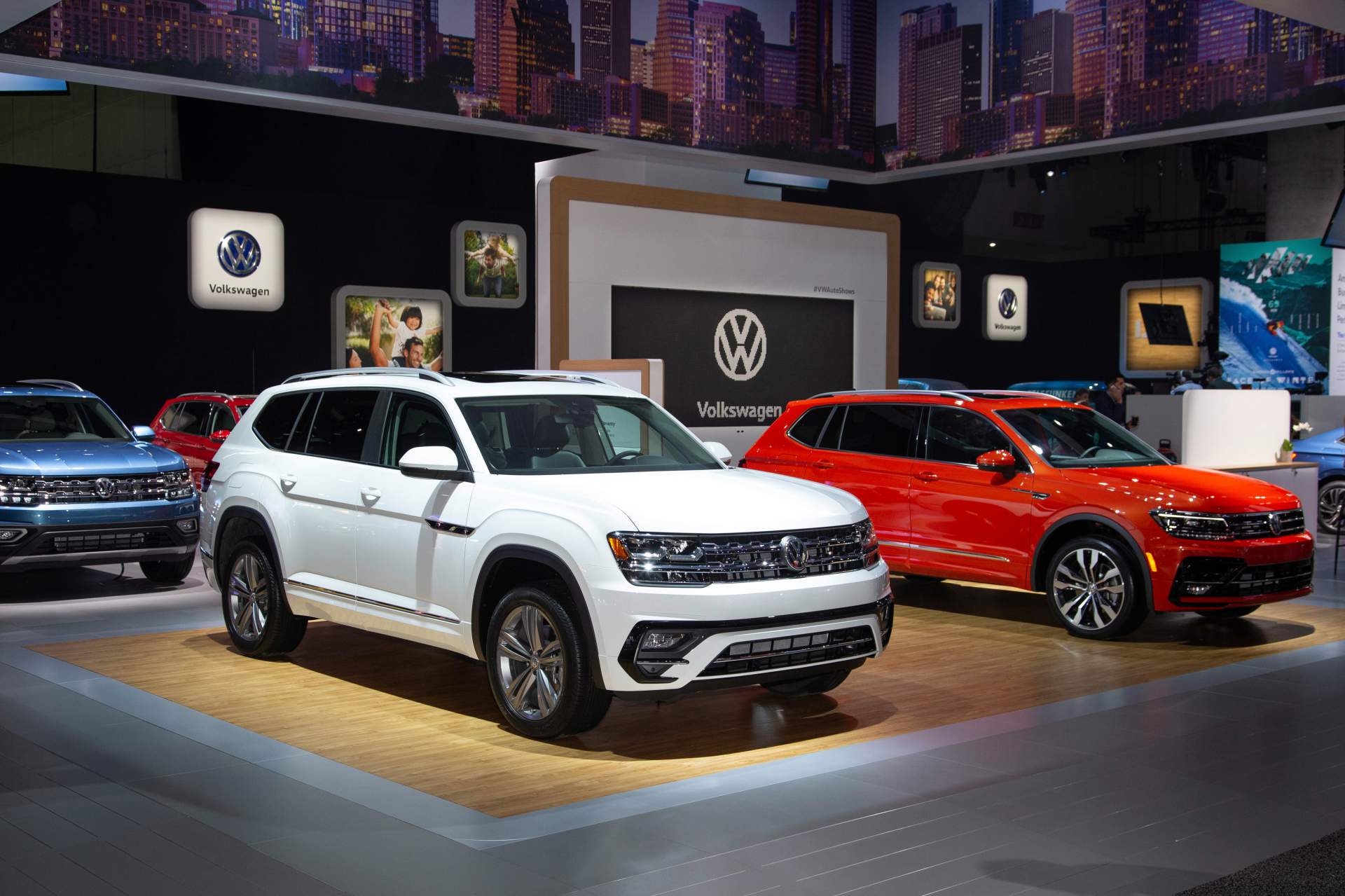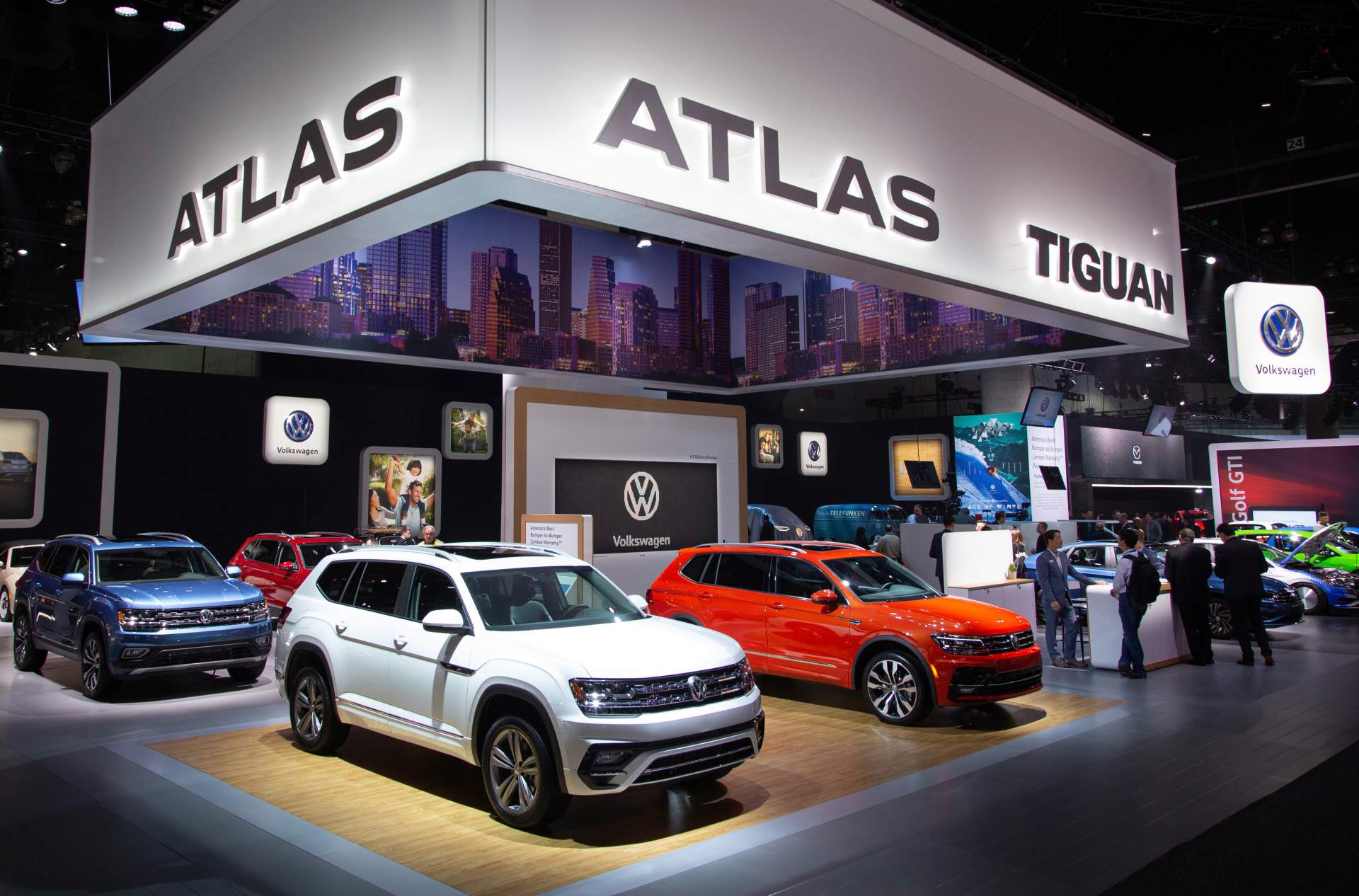Ever since the Dieselgate scandal broke out in September 2015, Volkswagen seems unable to steer itself out of controversy.
The latest unflattering news comes from Germany’s Spiegel and Handelsblatt, who report that VW sold vehicles that lacked approval from authorities to be used on public roads.
From 2006 to 2018, the automaker sold around 6,700 pre-production VW cars in Europe and the United States. Around 4,000 of the test cars were sold in Germany, with the remaining 2,700 reaching customers in the rest of Europe and North America. A VW spokesman confirmed the reports and the company announced a recall of those vehicles.
Volkswagen sold cars that should have been scrapped
The cars in question, made to test and showcase new models before the launch of volume production, should have been scrapped according to the law. Despite that, VW sold them as new or used cars, putting thousands of its customers in Europe and the United States in vehicles that weren’t road-legal.
According to the report, internal VW documents reveal that almost 17,000 test vehicles were sold in total. However, the carmaker only recalled 6,700 of them. Even so, the number of affected vehicles is insignificant compared to the 11 million diesel cars with defeat devices built between 2007 and 2015. Nevertheless, it’s enough to throw yet another to an already tarnished reputation.
VW Group’s CEO reportedly knew about the practice since July 2016
The affair could have painful consequences not only for VW Group’s coffers, but also for its CEO, Herbert Diess. The executive was reportedly informed about the problem as early as July 2016, when he was running the VW passenger car brand. However, it took the carmaker more than two years to inform Germany’s Motor Transport Authority and its customers.
A company spokesman said VW wasn’t aware of any accidents caused by the pre-production vehicles it sold. However, the company is recalling them for potential safety issues and to check how different they are from the ones that were eventually approved.
While some of the affected models may only need a software update or a new navigation system to become compliant, others may be so different from production cars they should be sent directly to the scrapyard.



